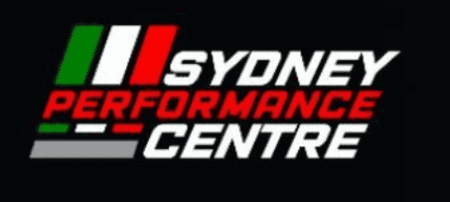A virtual data room offers an secure platform for sharing confidential business documents with third parties. This allows companies to build trust and increase deal flow without having to divulge sensitive data. VDR software is used in various industries.
Mergers and acquisitions rely on VDR software to aid due diligence processes that require multiple parties to examine large volumes of documents under strict deadlines. Features such as document annotations, Q&A sections, and detailed audit trails let users work efficiently and make data-driven choices. Improved security measures include watermarking and role-based access and data encryption. Additionally, modern VDRs provide collaboration tools that help improve deal flow and boost productivity.
Life science companies have to share confidential research and clinical trial data with partners, customers, and investors. Typically this requires a high degree of security as well as a rapid turnaround. VDRs offer enhanced security features such https://technologvirtual.com/the-pros-and-cons-of-virtual-technologies/ as watermarking, scanning for viruses and access based on role. Furthermore, life science VDRs are compliant with regulatory protocols like HIPAA.
VDR software is often utilized by the real estate industry to facilitate the transfer of sensitive documents between brokers, agents and customers. Enhanced security features of VDRs reduce the risk and provide transparency for all parties. The ability of tracking who has accessed the documents will also help reduce confusion and the time spent on issues.
Accounting involves the handling of numerous financial documents that are confidential. Therefore, it is crucial that these documents are shared in a secure manner. VDRs provide an access point to all parties authorized to view and share documents. They also offer tools to simplify procedures like due diligence and ensure GDPR Compliance.
